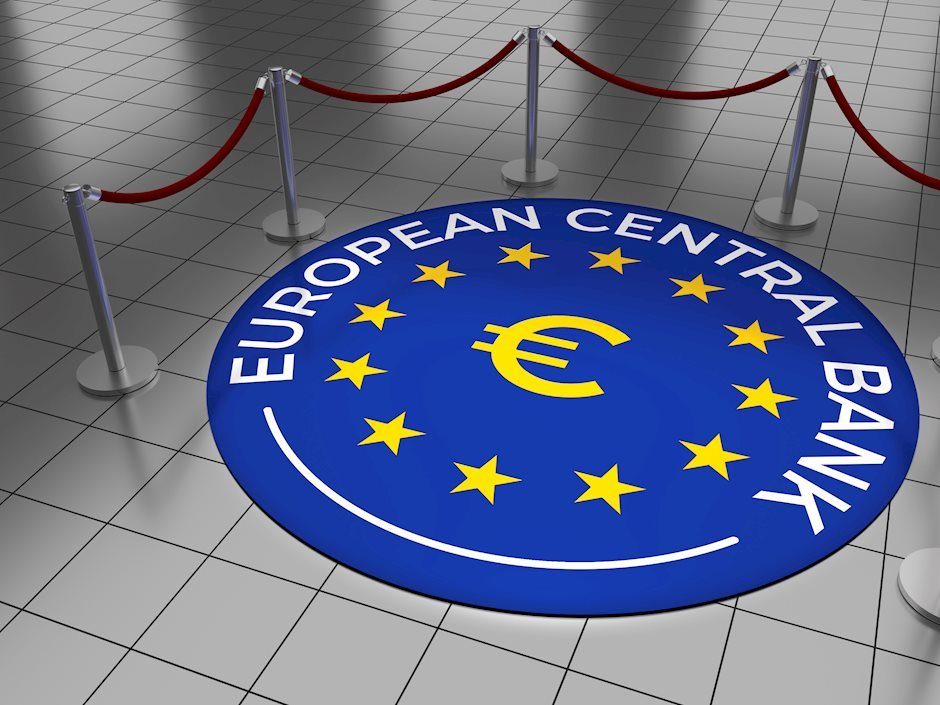ECB’s Schnabel: The pace of policy easing needs to rest on data and analysis

European Central Bank (ECB) policymaker Isabel Schnabel said on Friday that “the pace of policy easing cannot be mechanical. It needs to rest on data and analysis.”
Additional quotes
Incoming data have broadly confirmed the baseline outlook.
Confidence is not knowledge.
History will not judge our intentions but our success in delivering on our mandate.
The closer policy rates get to the upper band of estimates of the neutral rate of interest the more cautious we should be to avoid that policy itself becomes a factor slowing.
Wage pass-through may be stronger than expected.
It is conceivable, however, that the conditions on which the modal outlook rests do not materialize.
In the alternative scenario, growth in unit labor costs would not come down as quickly as projected.
Headline inflation understates scale of challenge.
Domestic inflation remains high.
Soft landing looks more likely than recession.
Market reaction
EUR/USD is posting small gains near 1.1085, up 0.05% on the day, little changed by these comments.
ECB FAQs
The European Central Bank (ECB) in Frankfurt, Germany, is the reserve bank for the Eurozone. The ECB sets interest rates and manages monetary policy for the region. The ECB primary mandate is to maintain price stability, which means keeping inflation at around 2%. Its primary tool for achieving this is by raising or lowering interest rates. Relatively high interest rates will usually result in a stronger Euro and vice versa. The ECB Governing Council makes monetary policy decisions at meetings held eight times a year. Decisions are made by heads of the Eurozone national banks and six permanent members, including the President of the ECB, Christine Lagarde.
In extreme situations, the European Central Bank can enact a policy tool called Quantitative Easing. QE is the process by which the ECB prints Euros and uses them to buy assets – usually government or corporate bonds – from banks and other financial institutions. QE usually results in a weaker Euro. QE is a last resort when simply lowering interest rates is unlikely to achieve the objective of price stability. The ECB used it during the Great Financial Crisis in 2009-11, in 2015 when inflation remained stubbornly low, as well as during the covid pandemic.
Quantitative tightening (QT) is the reverse of QE. It is undertaken after QE when an economic recovery is underway and inflation starts rising. Whilst in QE the European Central Bank (ECB) purchases government and corporate bonds from financial institutions to provide them with liquidity, in QT the ECB stops buying more bonds, and stops reinvesting the principal maturing on the bonds it already holds. It is usually positive (or bullish) for the Euro.
Author

Dhwani Mehta
FXStreet
Residing in Mumbai (India), Dhwani is a Senior Analyst and Manager of the Asian session at FXStreet. She has over 10 years of experience in analyzing and covering the global financial markets, with specialization in Forex and commodities markets.
















